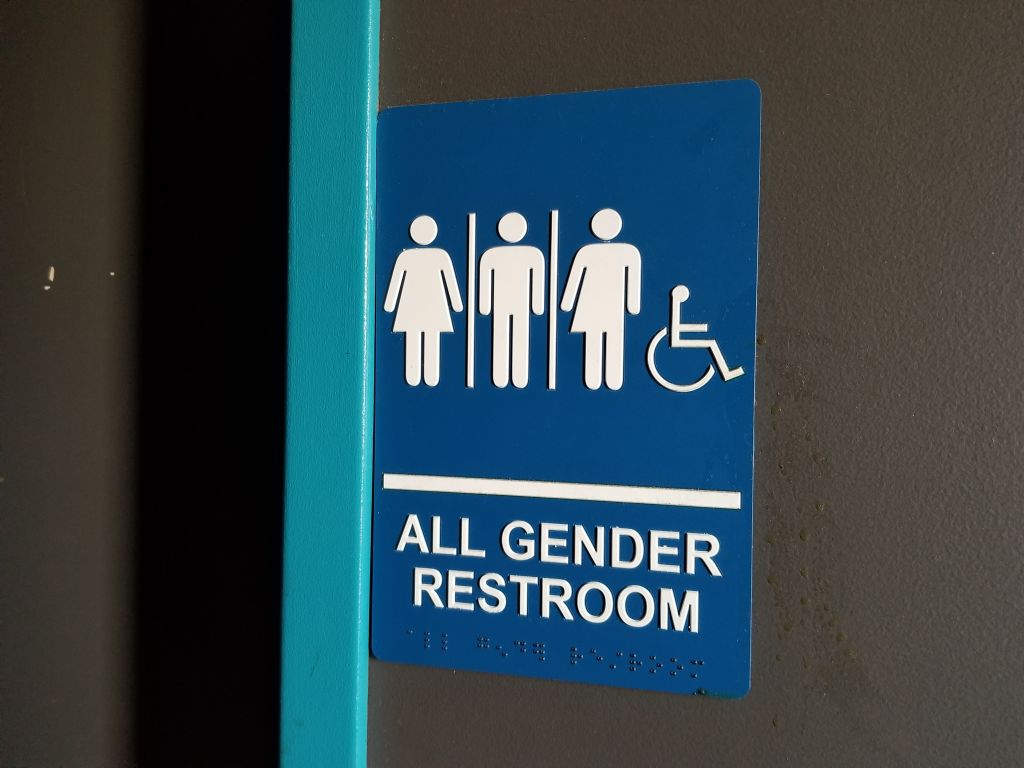The administrative court of Grenoble has overturned statutes at the University of Grenoble-Alpes on the grounds that the ‘inclusive’ text was incomprehensible.
French words have either male or female gender, though there were all changed in the statutes to appear to have both genders at the same time. A board director was for example referred to as “directeur.trice” instead of the standard “directeur” or “directrice”, he or she being chosen or “choisi.e” – using both the male and female adjective – by the teachers “enseignant.e.s” or researchers “chercheurs.res”.
These statutes were challenged in court by an associate professor of English who argued that such a document in inclusive style contravened Article 2 of the Constitution stating that “The language of the Republic is French” as well as the goal of clarity and intelligibility in administrative law.
The judge concluded that the use of such a drafting style has the effect of making the reading of these statutes unjustifiably difficult when they should be immediately comprehensible. The Grenoble Administrative Court added that “the degree of clarity expected from a text depends on its nature and function. Thus, the technical and efficient nature of a legal text requires a level of clarity that guarantees its immediate accessibility”.
Lawyers pointed out that this is probably the first censure of an administrative act over inclusive writing. Annulments by administrative judges on the grounds of disregard for the constitutional objective of “clarity and intelligibility of the norm” are uncommon in France.
The University’s language service board adopted the statutes on May 16, 2020, with just one abstention. The statutes were written in the controversial style despite a circular letter from then prime minister Édouard Philippe asking administrators not to use it in official communication.





